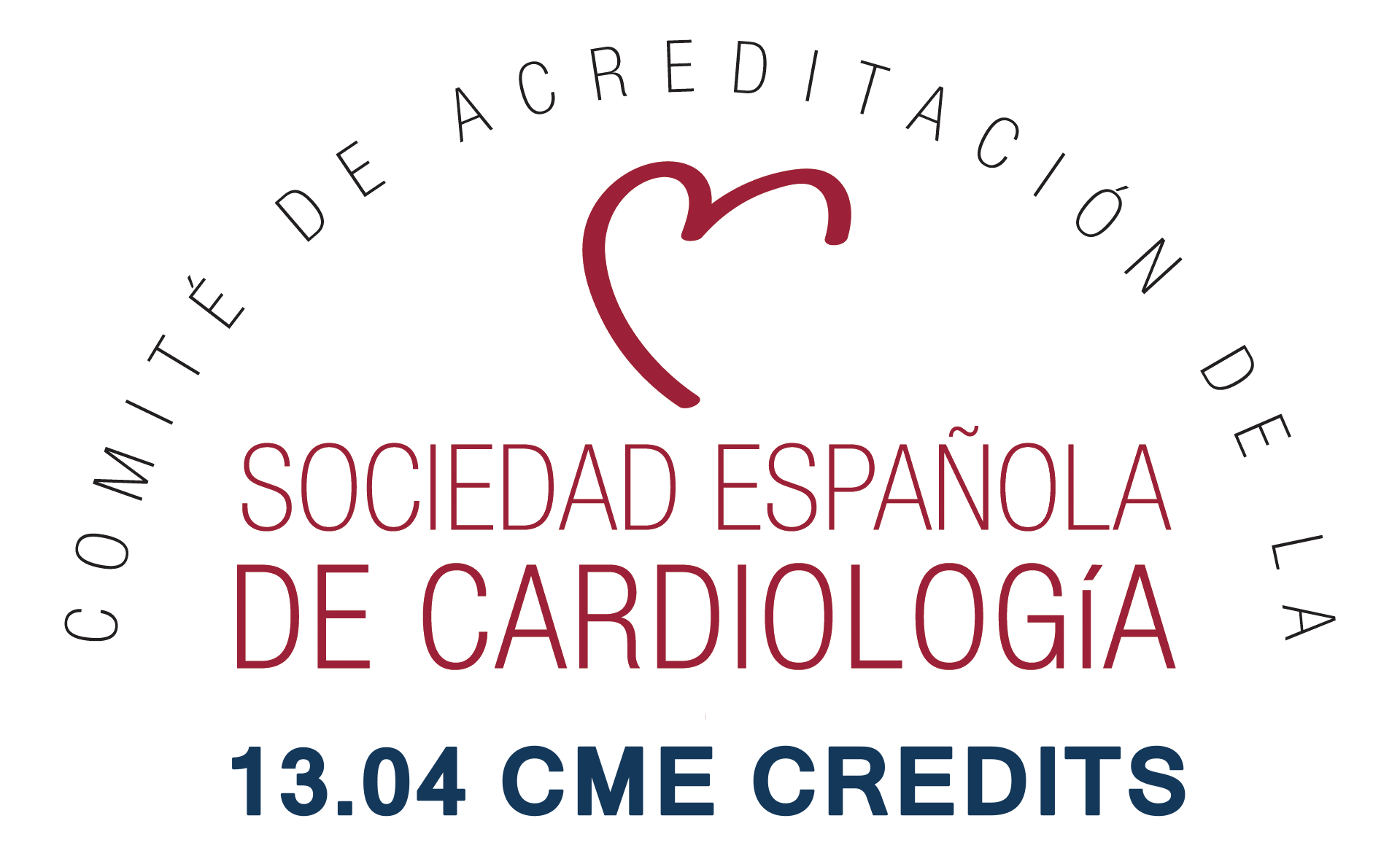
Ram Sharony
Rabin Medical Center, Israel
Title: Treatment of mitral bio-prosthetic valve deterioration using trans-apical valve in valve technique: Intermediate-term outcomes
Biography
Biography: Ram Sharony
Abstract
Objective: The transcatheter approach for a failed bio-prosthetic valve is an emerging alternative to redo-valve surgery in patients at high surgical risk. We aim to analyze the mid-term outcomes of patients undergoing valve-in-valve implantation in the mitral position.
Methods: A dual center clinical experience in treating consecutive patients with symptomatic structural bio-prosthetic mitral valve deterioration using the valve-in-valve technique via the trans-apical approach. Outcomes were rigorously assessed and reported based on VARC 2 criteria definitions.
Results: The valve-in-valve procedure in the mitral position was performed in 30 patients, mean age 76±12 years, mean STS score 10.7±6.0. Balloon-expandable Sapien devices were used in all patients. The composite endpoint of device success was achieved in 29/29 (100%) of patients. The operative mortality was 3.5% (sepsis). Follow up (up to 6 years, mean 29 months) demonstrated survival rates of 90% and 83.3% during first and second year, respectively and remain constant afterward. Only one patient had cardiovascular related mortality (endocarditis) during this period. Most of surviving patients (96%) are in NYHA-FC I/II. No valve migration was observed. The mitral regurgitation degree among patients with predominant mitral regurgitation dropped immediately after the operation and remains constant during follow-up period (from 3.9±0.3 to 0.2±0.6 and 0.3±0.5, respectively. Post procedural mean mitral transvalvular gradient was 6.4±3.0 mmHg and remain constant during follow-up (6.3±1.6 mmHg, ns). Only one patient had mild para-valvular (PVL) leak. All other patients had no PVL. The pre-operative pulmonary artery pressure decreased from 67.2±18.4 to 43.8±11.2 at follow-up (p>0.01).
Conclusions: Intermediate-term clinical outcomes of transcatheter valve-in-valve implantation for the treatment of mitral prosthetic valve deterioration in high risk patient are encouraging. Despite significant clinical improvement, a residual elevated gradient across the valve, unrelated to the original deteriorated valve size were observed. This novel approach allows good survival rate and satisfactory quality of life during mid-term follow-up period.

